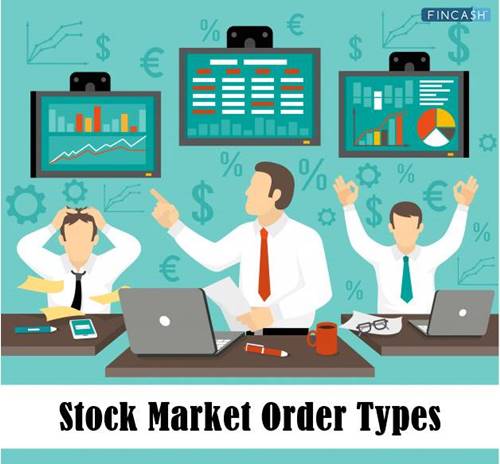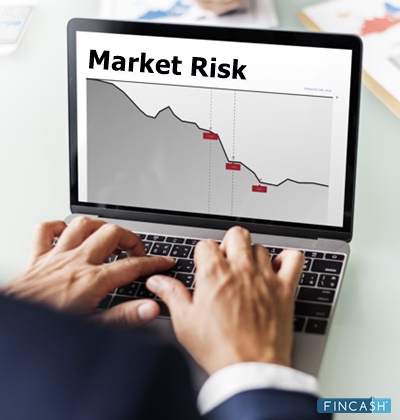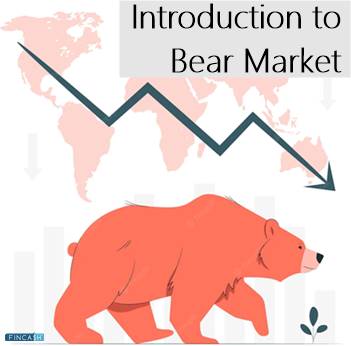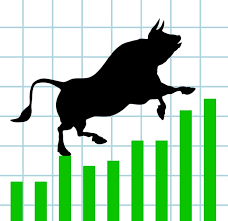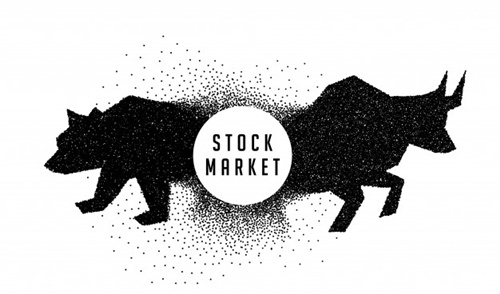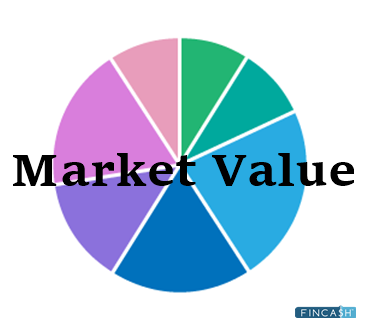All About the Essentials of Market Orders
When an ordinary person imagines or is willing to execute a stock Market transaction, the first thought that comes to the mind is about orders. Thus, out of all the ones available out there, market orders are the essential buy and sell trades where a broker gets to have a security trade and processes it at the current price running in the market.
Although a market order provides a significant likelihood of trade execution, there turns out to be no guarantee of whether the trade will go through or not. Since all the orders get processed within the priority guidelines, there always remains a market fluctuation threat.
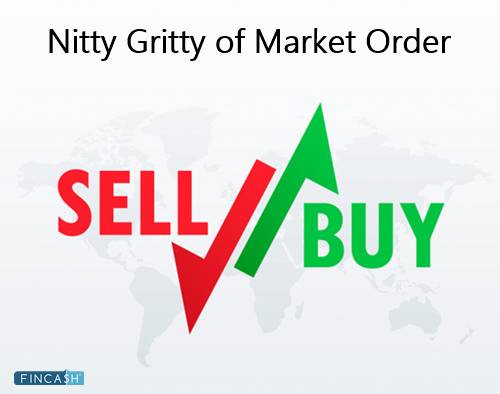
In this post, keeping everything aside, let’s concentrate on market orders and find out more details about the same.
What is Market Order?
A market order can be defined as a request by investors, generally made via a brokerage service or an individual broker, to purchase or sell securities at the best price available in the market. Widely, this order type is considered as the most reliable and fastest method to enter or exit a trade in comparison with a limit order. Furthermore, market orders can fill up immediately for several large-cap liquid stocks.
The Essentials of Market Order
In comparison with all the other orders, a market order is regarded as the most basic one. At the current price for specific security, this order has to be executed as instantly as possible. That is one of the reasons why a handful of brokerages comprise trading applications with a sell or buy button.
Generally, just by hitting this button can help with executing the market order. In a majority of scenarios, market orders incur the lowest commission than other types, given that they need little work from both the broker and the trader.
Talk to our investment specialist
When Should you use a Market Order?
Basically, these orders are appropriate for securities that get traded in high volumes, like ETFs, futures, or large-cap stocks. However, when it comes to stocks that have low floats or little average daily volume, it is a different ball game altogether.
Since such stocks are traded thinly, the bid-ask spreads turn out to be more extensive. This results in market orders getting filled slowly for such securities. And often, it could also happen that unexpected prices may lead to satisfactory trading costs.
How can you Place a Market Order?
It is easier to place a market order with an online broker. There are also several apps that can help you pave the way. However, irrespective of the option you choose, it is essential to double-check the order screen to make sure that you are on the right path.
If you choose a stock that is traded actively, a market order that is placed online will get filled almost immediately, unless there turns out to be a high trading volume in that specific stock at that specific moment.
In the fast-moving market, even the most immediately online order is not fast enough to make sure that you get to lock an order at a preferable price. In most scenarios, you can go closer to the buy or sell price that you must have seen while entering the order.
While there are chances of a market order going ahead of several pending orders, it is still not will be executed until there are any previously submitted orders. Every order that gets entered earlier will be executed before the one you place, and every execution impacts the price of the stock.
This way, the more orders there are to be processed before your turn, the more you are in the risk of getting the price changing significantly.
Conclusion
Even if it gets executed instantly, a market order to purchase will make you pay the highest price out of other sell orders. And, a market order to sell simply means that you are going to get the lowest price in comparison to other buy orders.
If there is a stock that is trading in a narrow Range, this order might not penalize you enough. But, if there is a stock that is much in demand, you may get tangled in a strategy that would have buy-high and sell-low tendencies.
All efforts have been made to ensure the information provided here is accurate. However, no guarantees are made regarding correctness of data. Please verify with scheme information document before making any investment.
